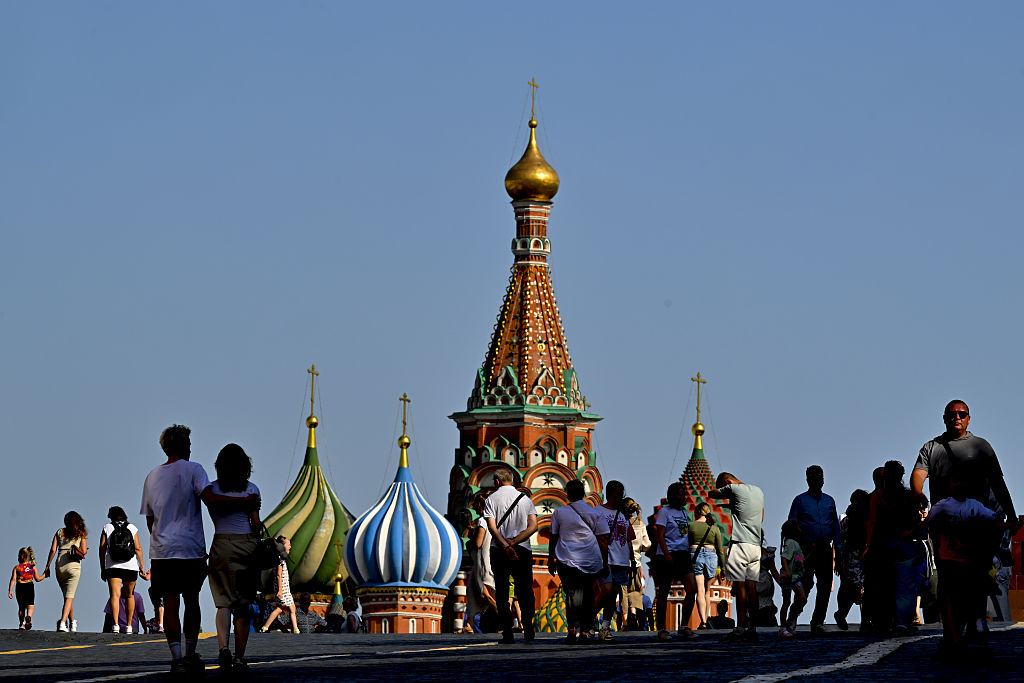The European Commission proposed a fresh set of sanctions on Russia on Friday, in Brussels’ latest effort to starve the Kremlin of revenue to fund its war in Ukraine.
The measures include a ban on imports of Russian liquefied natural gas (LNG) from January 2027, and a full transaction ban on Russian oil giants Rosneft and Gazprom Neft.
They also cover restrictions on Russian cryptocurrency traders and 45 companies based in third countries suspected of engaging in sanctions circumvention, including firms in India and China, and 118 additional listings of Russia’s “shadow fleet” of tankers used to evade a Western oil price cap.
“It is time to turn off the tap,” Commission President Ursula von der Leyen said in a video address on Friday.
“I now call on member states to quickly endorse these new sanctions,” she added. “We want Russia to leave the battlefield and come to the negotiation table.”
Kaja Kallas, the EU’s top diplomat, added that the sanctions will also target individuals involved in the abduction of Ukrainian children – a crime for which Russian President Vladimir Putin is subject to an International Criminal Court arrest warrant.
“Our message is clear: We will intensify pressure on Russia with increasingly hard-hitting sanctions, coupled with military support for Ukraine, until Russia accepts a genuine, just and lasting peace,” she said.
The latest measures were originally set to be presented on Wednesday, but were delayed after US President Donald Trump said he would impose “major sanctions” on Russia if the EU “immediately” ceased purchasing of Russian oil.
EU leaders are eager to increase economic pressure on Moscow jointly with Washington, amid wavering US support for Kyiv since Trump’s return to the White House in January.
Hungary and Slovakia, the bloc’s most pro-Russian states, remain heavily dependent on Russian fossil fuels despite net EU purchases of Russian energy falling dramatically since the full-scale invasion of Ukraine in 2022. The EU has pledged to completely phase out Russian energy by 2028.
Trump has also pressured EU leaders to impose blanket levies of up to 100% on goods from India and China, who have sharply increased Russian energy purchases since the 2022 full-scale invasion. That is widely considered unfeasible by the bloc’s member states and the Commission, which is aiming to strike a free trade deal with New Delhi by the end of the year.
This article has been updated.
(vc)
